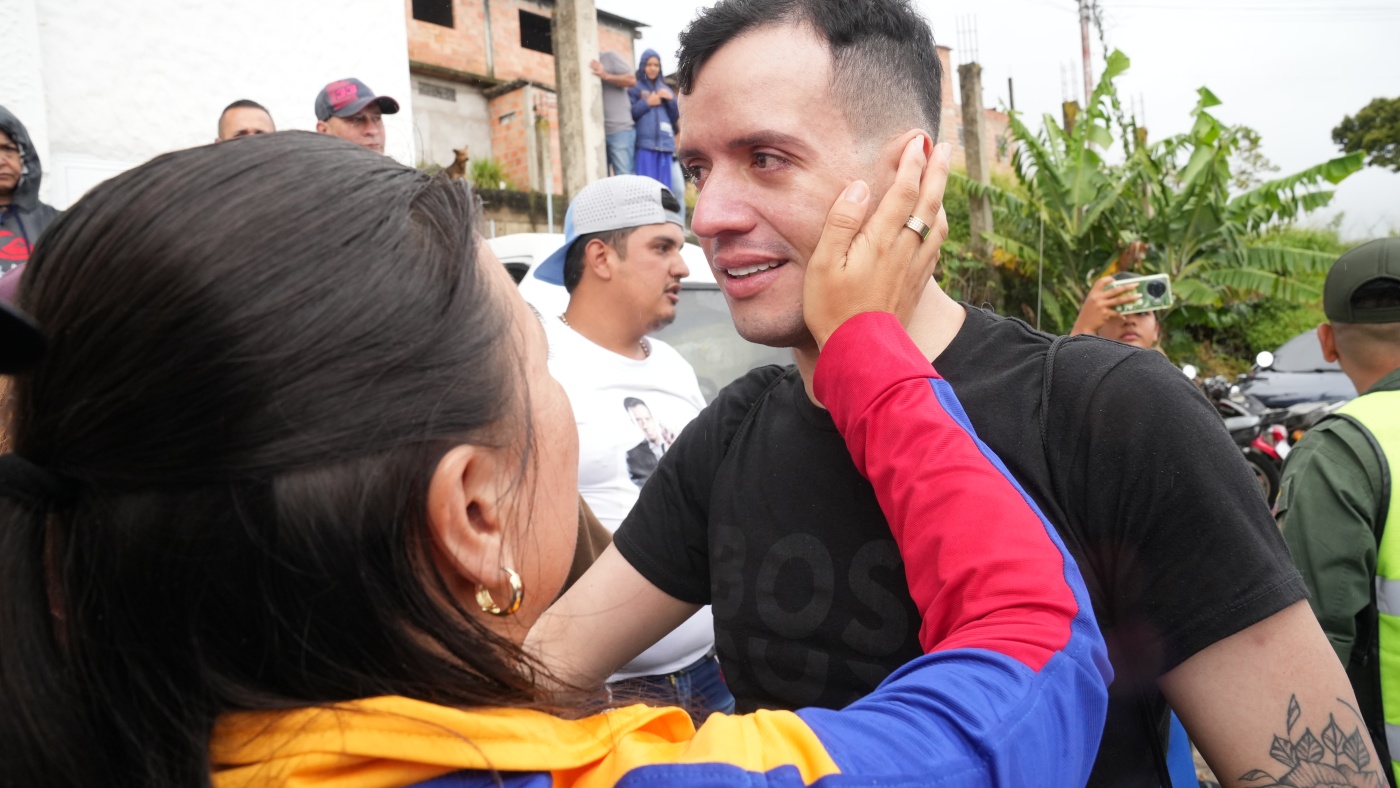Carlos Daniel Terán, just 19, remembers the harsh words of a prison warden when he arrived at El Salvador’s notorious CECOT. “You’re never leaving this place,” he was told. Transferred from a Texas immigration detention center, Terán faced the grim reality of a maximum-security prison built for accused gang members. El Salvador’s former justice minister even remarked that the only escape was “inside a coffin.”
Terán was one of many Venezuelans sent to El Salvador under the Trump administration, using a rarely invoked wartime power. They were accused—without clear evidence—of being part of the Tren de Aragua gang. For nearly four months, the identities of these detainees remained secret, preventing contact with family or legal help.
Recently, Terán was freed, along with over 250 other Venezuelan detainees, through a prisoner exchange between the U.S. and Venezuela. “I thought I was going to die there,” he shared. His experience at CECOT was described as a nightmare filled with violence, inadequate food, and inhumane living conditions.
In interviews, Terán and others detailed the brutality they endured. They faced physical abuse from guards and were often deprived of basic necessities like clean water and food. Prisoners were confined to claustrophobic cells and subjected to beatings for minor infractions. One ex-detainee described how guards used violence as a means of control, often punishing them for speaking or simply trying to claim a moment of personal space.
Andry Hernandez, another released prisoner, shared the pain of feeling “condemned for life.” He recounts being tortured in a secluded area called “La Isla,” where he faced severe beatings and humiliation. Such accounts align with reports of approximately 400 inmates dying under the state’s strict measures since March 2022, when El Salvador declared a state of exception, suspending critical rights.
Human rights advocates like Noah Bullock from Cristosal argue that both the U.S. and Salvadoran authorities have committed serious violations by sending these men to a foreign prison without legal protections. A review of 160 of the detainees showed that less than 10% had criminal records, meaning many were labeled as criminals without just cause.
As the story unfolds, it raises critical questions about due process, the treatment of migrants, and the political complexities of immigration policy. The experiences of Terán, Hernandez, and others remind us that behind policies are real human lives, often caught in a web of legal intricacies and interpersonal suffering.
Source link


